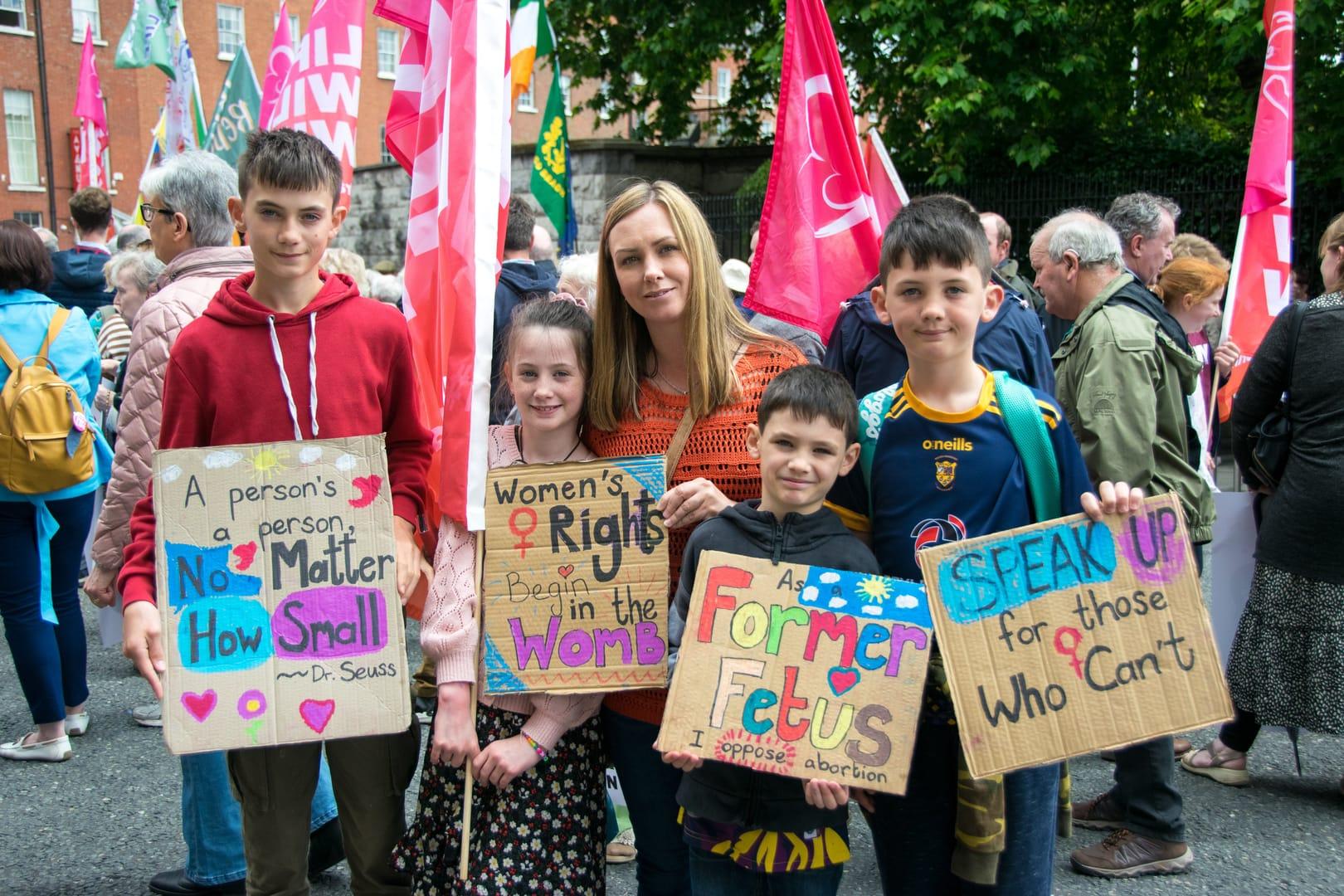DUBLIN — Pro-life campaigners in Ireland have criticized a government plan that would criminalize prayer vigils outside abortion facilities.
Minister for Health Stephen Donnelly announced July 27 that he has secured government approval to legislate for the designation of co-called “safe access zones” around facilities providing abortions.
He said that pro-life activists found protesting or having prayer vigils — even silent ones — less than 100 meters from abortion facilities would face jail sentences, fines or a combination of both under the new legislation.
Eilís Mulroy of the Pro-Life Campaign insisted that the plan “sets a very dangerous precedent for denying freedom of expression and the right to peacefully assemble in public areas.”
“The proposal being put forward is a wholly disproportionate response to the risk that a tiny number of people may at some point in the future engage in harassing behavior close to an abortion facility,” Mulroy told Catholic News Service.
Niamh Uí Bhriain of the Life Institute also insisted that the law is unnecessary, pointing to the fact that there have been no complaints made from patients or staff at abortion facilities “because the vigils usually amount to two women at a time walking quietly around the hospital praying for mothers and babies.”
“The whole push to criminalize such activists is based on a complete fabrication of events and a distortion of reality that has gone completely unchecked by most of the media,” she said.
Last year Drew Harris, commissioner of the national police force, told a parliamentary committee that he did not think a law providing for exclusion zones is necessary, since any allegations of harassment could be dealt with under current legislation.
Uí Bhriain told CNS: “The truth is that most people are not abortion extremists. If they knew the truth — that this bill wants to criminalize peaceful people who are usually silently praying for women and hoping to offer them support — they would be opposed to this measure.
“There is no significant evidence that shows a need for this measure: It smacks of the kind of nasty and vindictive malice which can emerge when those who have, for now, achieved a majority want to punish their opponents,” she said.
“No one wants to see people harassed when approaching a hospital or GP surgery. Were such incidents to occur, the authorities already have wide-ranging powers to deal with the situation under existing public order laws.”













